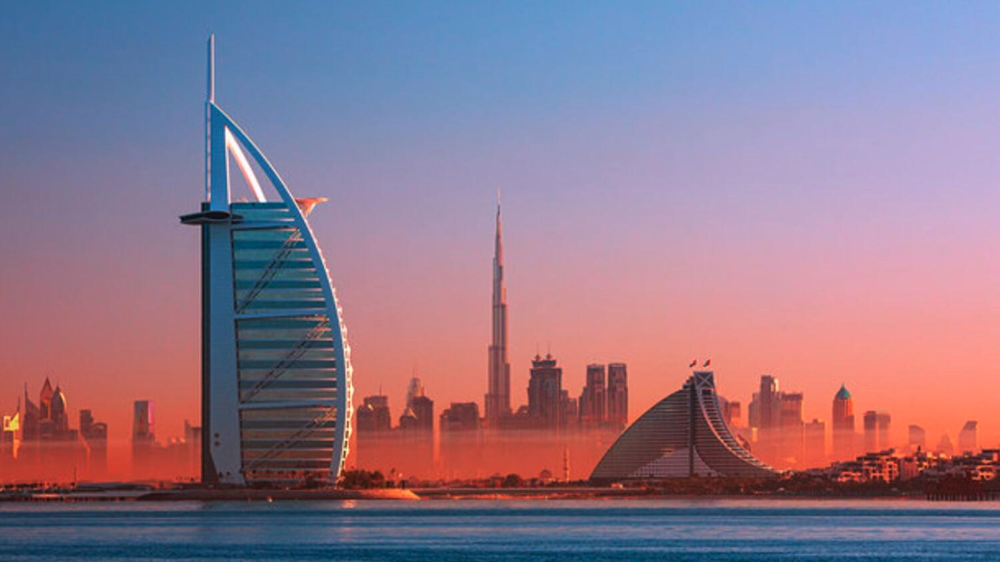Report forecasts country’s GDP growth this year at 3%
Fast-paced diversification efforts and development projects underway in the UAE play a vital role in strengthening the economy by reducing the nation’s vulnerability to external shocks, a UK-based consultancy firm said on Tuesday.
Despite key challenges posed by a decline in oil output resulting from Opec-agreed production cuts, a slowdown in the non-oil sector due to higher interest rates, and subdued external demand, the country’s real GDP will still expand at 3.0 per cent in 2023, GlobalData said in its Macroeconomic Outlook Report: UAE.
“To make the economy less vulnerable to external shocks, it remains crucial for the government to persist in its endeavour to diversify the economy,” said Indrajit Banerjee, economic research analyst at GlobalData. “Abu Dhabi’s plan to invest $2.7 billion to double the size of the manufacturing sector by 2031, and the adoption of the UAE Circular Economy Policy 2031 that focuses on manufacturing, food, green infrastructure, and sustainable transport, reflects the government’s urge to transform to a more diversified economic base,” he added.
The UAE has undertaken several development projects with an investment of $23 billion in July 2022 to significantly boost construction and allied activities and create job opportunities. Some of the ongoing projects include the railway network project under Etihad Rail’s supervision of Dh40 billion by 2024, the construction of Dubai urban tech district by 2024, the expansion of the capacity of the Mohammed bin Rashid Solar Park by 2025. These projects are expected to drive the construction activities, which GlobalData forecasts to rise by an average of 2.0 per cent over 2023-2025.
The report reveals that the oil and gas industry, which accounts for around 30 per cent of the country’s GDP and 13 per cent of total exports, plays a crucial role in the UAE’s economy. “The year 2022 witnessed a significant economic upturn, with a growth rate of 7.6 per cent, the highest since 2007, primarily fuelled by surging oil and gas prices. However, the decline in oil and gas prices since the beginning of 2023 is expected to persist throughout the year, directly impacting the UAE’s economic growth prospects for the current year.”
The UAE holds 7.2 per cent of oil reserves and 4.0 per cent of the natural gas reserves in the world in 2021. In May 2022, Adnoc made a significant discovery in Abu Dhabi, uncovering 650 million billion barrels of onshore crude oil reserves. This discovery has further augmented the UAE’s hydrocarbon reserves base. As a result, the country is expected to maintain its prominent position as a major producer and exporter of hydrocarbons in the foreseeable future, GlobalData said.
Mining, manufacturing and utilities activities contributed 31.2 per cent to the UAE’s gross value added (GVA) in 2022, followed by financial intermediation, real estate, and business activities (22 per cent ), and the wholesale, retail, and hotels sector (15 per cent). In nominal terms, these three sectors are forecast to grow by 2.9 per cent, 3.7 per cent and 2.5 per cent, respectively, in 2023 as compared to 9.6 per cent, 12.4 per cent and 8.4 per cent in 2022, according to GlobalData.
While the exports growth is projected to slow down from 4.0 per cent in 2022 to 2.6 per cent in 2023, real household consumption expenditure is projected to grow at a slower pace at 4.0 per cent in 2023, compared to 8.4 per cent in 2022, said the report.
SOURCE&CREDITS: khaleejtimes.com

